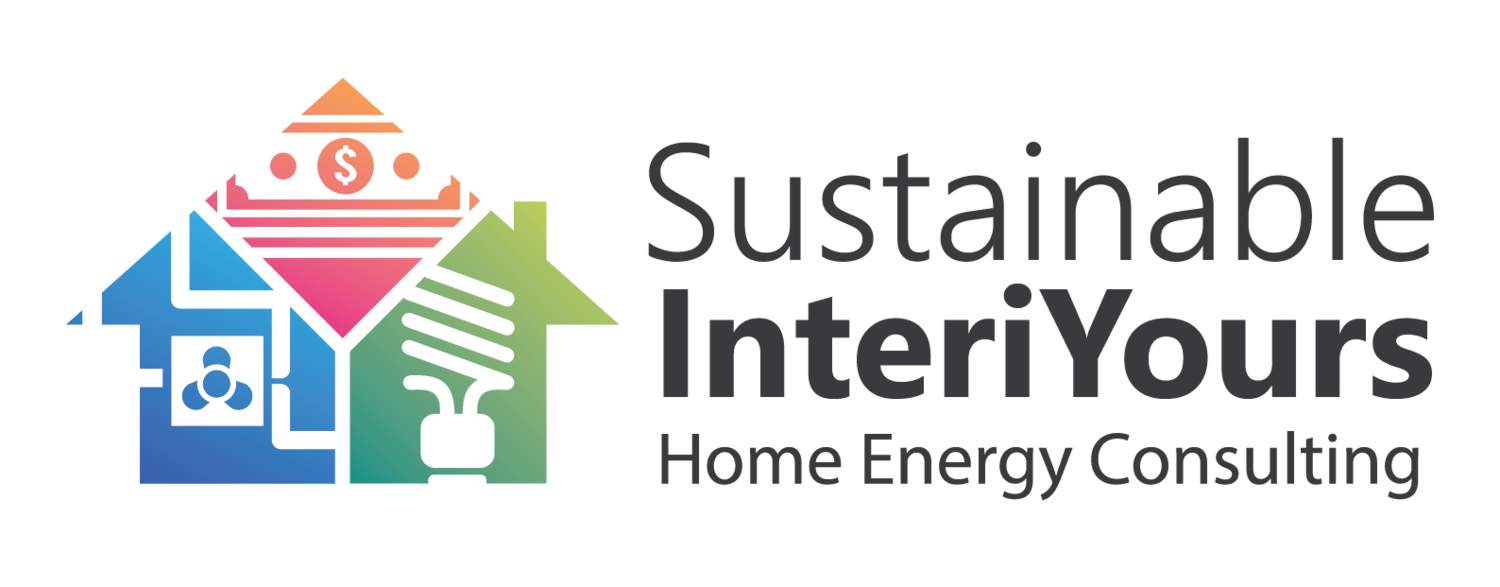10 More Home Energy Saving Tips
Miss the first set of tips? Check out 9 Energy Saving Tips and get caught up.
Every bit of energy saved is a greener environment and more money in your pockets. You can do simple, inexpensive things yourself in your home to get substantial energy savings. Here are ten more useful tips for higher energy efficiency:
•1 Get a programmable thermostat. It costs only $50-$120 and gives you tremendous control over your HVAC system's temperature settings. You can program your thermostat to turn off the HVAC during the hours you plan to be away from home or optimally set the temperature according to the weather. Your investment will start paying back within just months of installing the programmable thermostat. If you want to save even more, a smart learning thermostat can save you even more over a traditional programmable thermostat.
•2 Install energy-efficient appliances. Energy-efficient devices like HVAC, washer-dryer, dishwasher, etc. draw less power while delivering high-quality performance. The government also provides a tax break for the purchase of such devices. The devices save $300-$400 in electricity bills and payback for their costs over 3-4 years.
•3 Seal the ducts in your HVAC. All it takes is tape to seal leaks in the HVAC ductwork. Leaks cause warm or cold air to escape and increase your energy bills. Sealing the ducts can be laborious with the need to access the attic or the basement, but the payback will be well worth your efforts. Sustainable InteriYours will soon be offering Duct Pressure Testing to locate the leaks within your ductwork for customers within our service area.
•4 Replace the HVAC filters regularly. Clogged and dirty HVAC filters force your HVAC to expend more energy to heat or cool. Regularly replace the filter and avoid costly bills. The cheapest filters cost only $2 each and last for a month.
•5 Turn off the phantom load. When connected to an electric outlet, many appliances like TV, DVRs, Rokus, laptops and cell phone chargers, etc. draw a small amount of power even when switched off. These "phantom" loads cost $15-$20 every month. Use a smart power strip to plug these devices and switch off the power strip to save power and money.
•6 Seal your windows. Leaks around windows often go unnoticed but are a big drain on energy. Use caulk and weatherstripping to seal the leaks efficiently. The process is easy to execute and costs less than $100 to work around an average home. A blower door test can easily identify which windows are leaking in your home and require weatherstripping. Sustainable InteriYours can provide Blower Door Testing for customers within our service area.
•7 Insulate your water heater and hot water pipes. Inspect the area around your water heater. If the surrounding air or the heater surface is warm to the touch, heat is going waste. You can put an insulating blanket on the heater to plug the energy leaks. It only costs around $20-$40, depending on the dimensions of your heater.
Hot water pipes running to your dishwasher, clothes dryer, kitchen, and washrooms can all leak heat. Covering the pipes with foam insulation can save quite a bit of energy.
•8 Use LED lighting. Commonly used incandescent light bulbs generate a lot of heat in addition to light. In summers, this can burden your HVAC to compensate for excess heat. You can avoid this by using LED lights, which are highly energy efficient. These lights also decrease the heat load in your home as they are not outputting as much heat as traditional incandescent light bulbs.
•9 Install motion sensors. Motion sensors control electric switching by sensing motion in a room. If there is no motion for a while, the sensor turns off the connected devices. This is very useful to control lights in a garage or a basement to prevent drawing energy when you do not need it.
•10 Plant trees in the right place. When planted in appropriate areas, deciduous trees and evergreen trees can serve as wind barriers and reduce chills during the winters. They can also provide shade in the summers, and cool nearby areas as water continuously evaporates from their leaves. This will reduce the workload on your HVAC system.
In addition to making you more responsible for using natural resources and saving you money, all these home energy saving tips can also help you increase your home's resale value. Done these things already and want to go to the next step? Fill out our Online Energy Audit, or Contact Us to schedule a blower door test in Maryland.
